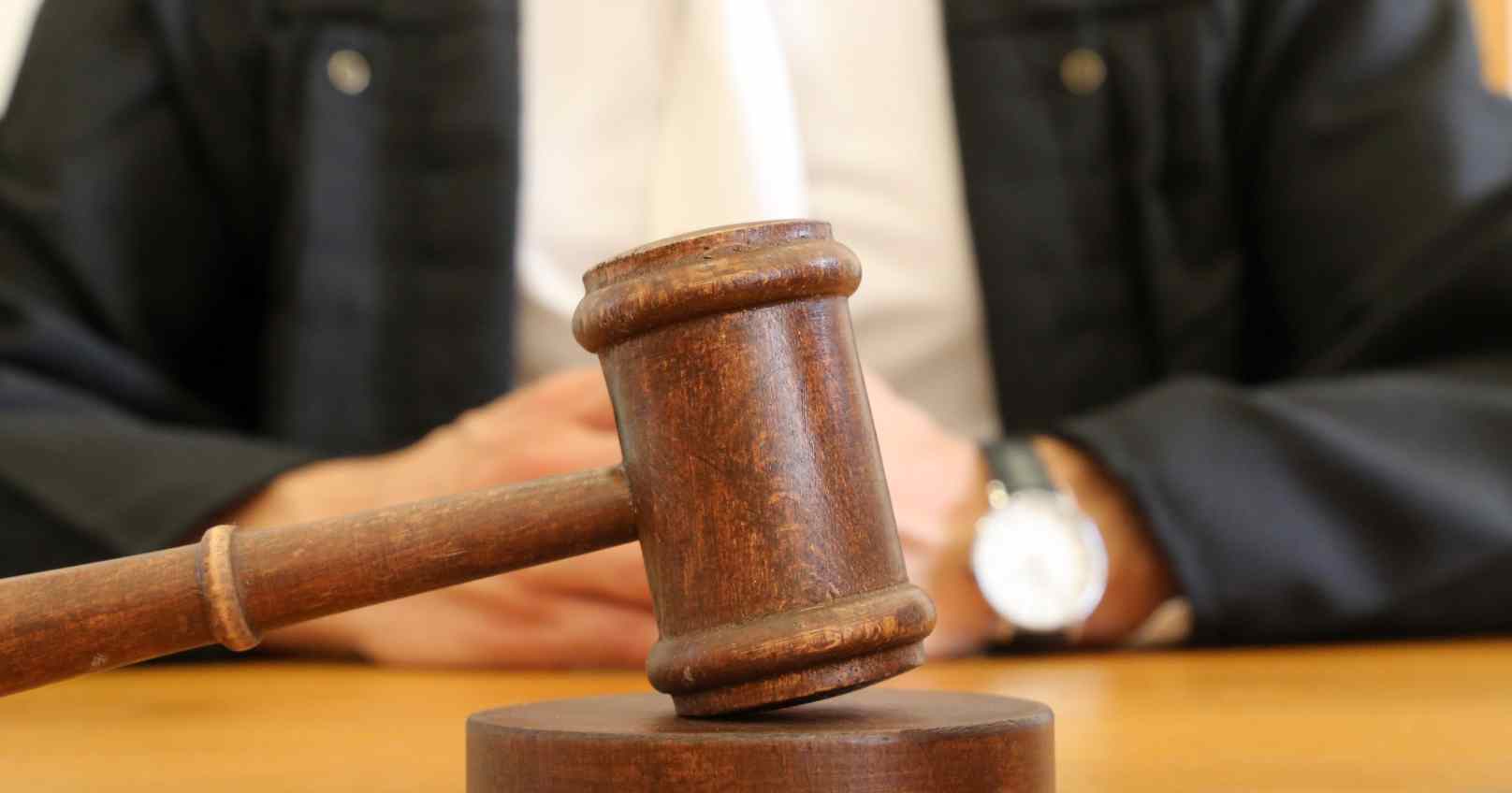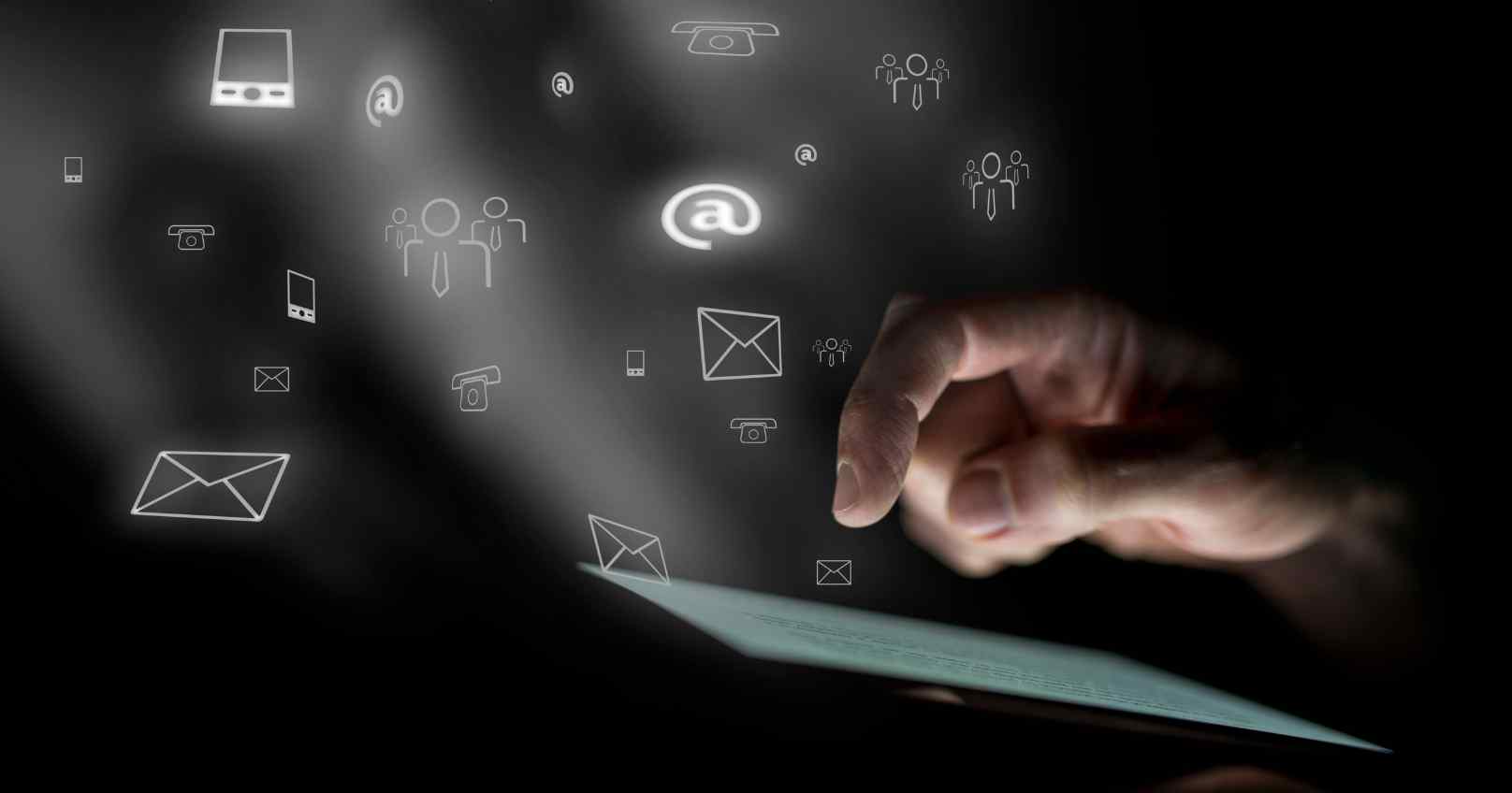AI and Creativity: Can Machines Be Creative?
The debate over whether Artificial Intelligence (AI) can genuinely exhibit creativity sparks discussions on the essence of human imagination versus algorithmic output
15-06-2024The debate over whether Artificial Intelligence (AI) can genuinely exhibit creativity sparks discussions on the essence of human imagination versus algorithmic output
15-06-2024Artificial Intelligence (AI) has made remarkable strides in recent years, from mastering complex games like Go to composing music and generating artwork. Yet, one fundamental question continues to stir debate among technologists, artists, and philosophers alike: Can machines truly be creative?
Creativity, in its essence, is often seen as a uniquely human trait—an ability to conceive novel ideas, express emotions, and produce original works that resonate with others. It involves imagination, intuition, and the ability to make meaningful connections between disparate concepts. These attributes have traditionally been considered the domain of human consciousness and cognition.
However, advancements in AI challenge this notion by demonstrating algorithms and systems that can generate artworks, write poetry, compose music, and even craft compelling narratives. AI models like GPT-3 have been trained on vast datasets of human-generated content, enabling them to produce text that mimics human writing styles with remarkable fluency and coherence.
Proponents of AI argue that creativity can be defined and measured in various ways, not solely restricted to human-like attributes. They highlight AI's ability to explore vast solution spaces, generate new ideas based on patterns in data, and even collaborate with humans in creative endeavors. AI-generated artworks have been exhibited in galleries, AI-authored music has been performed by orchestras, and AI-written stories have been published and enjoyed by readers.
Critics, however, contend that AI lacks true understanding, intentionality, and emotional depth—the core components that distinguish human creativity. They argue that AI's outputs are algorithmically driven and lack the nuanced complexities and originality inherent in human creations. While AI can mimic styles and patterns, it does not possess consciousness, emotions, or the capacity to experience inspiration.
Moreover, the ethical implications of AI in creativity raise concerns about authenticity, authorship, and cultural significance. Who owns the rights to AI-generated artworks or music? Can AI truly contribute to the cultural evolution of society, or does it risk homogenizing creativity into predictable formulas?
As we navigate the evolving landscape of AI and creativity, it becomes crucial to foster interdisciplinary dialogue. Artists, scientists, ethicists, and policymakers must collaborate to define and uphold standards of creativity that preserve human ingenuity while embracing the transformative potential of AI.
In conclusion, while AI challenges our traditional notions of creativity, it remains a powerful tool that expands the boundaries of what is possible in art, music, literature, and beyond. Whether machines can achieve true creativity in the human sense may remain a philosophical debate, but the impact of AI on cultural expression and societal norms is undeniable. As we harness AI's capabilities, let us continue to explore, question, and celebrate the intersection of technology and human creativity.


Litigation Before Adjudication-A Long Due Legal Mandate
Read More
As AI-generated art gains popularity, especially through tools that mimic Studio Ghibli’s iconic s
Read More
India’s fintech Self-Regulatory Organisations (SROs) are being reimagined as key policy influencer
Read More